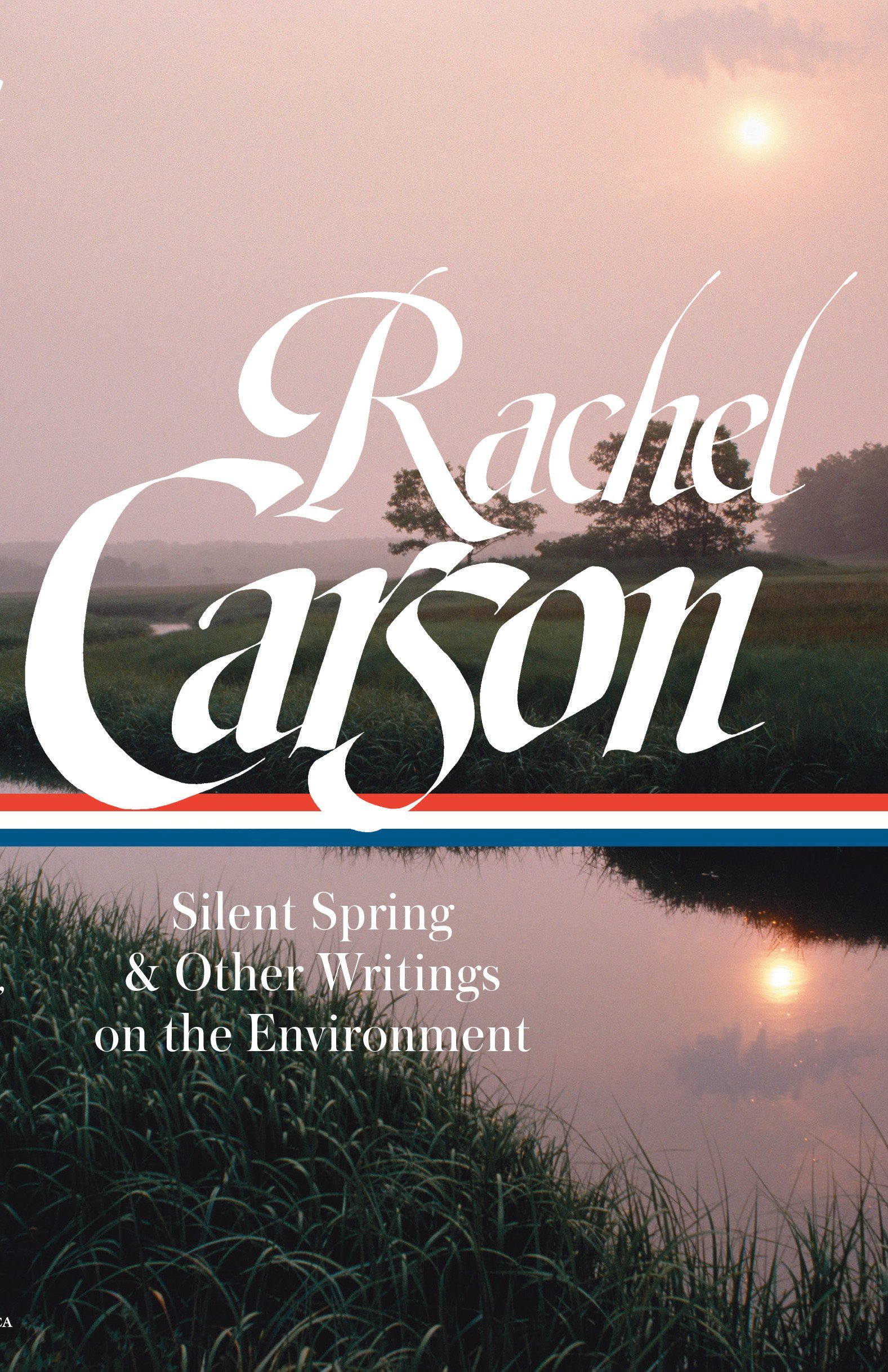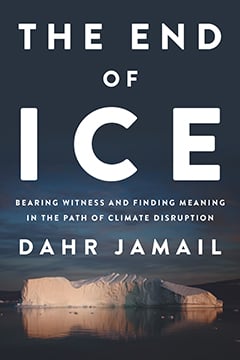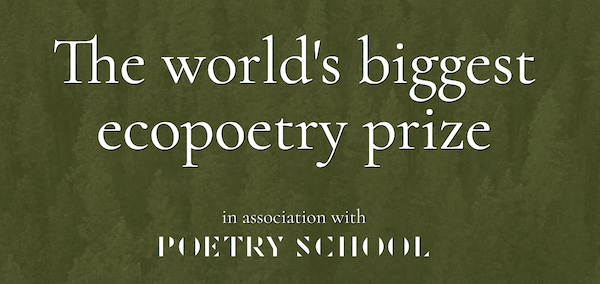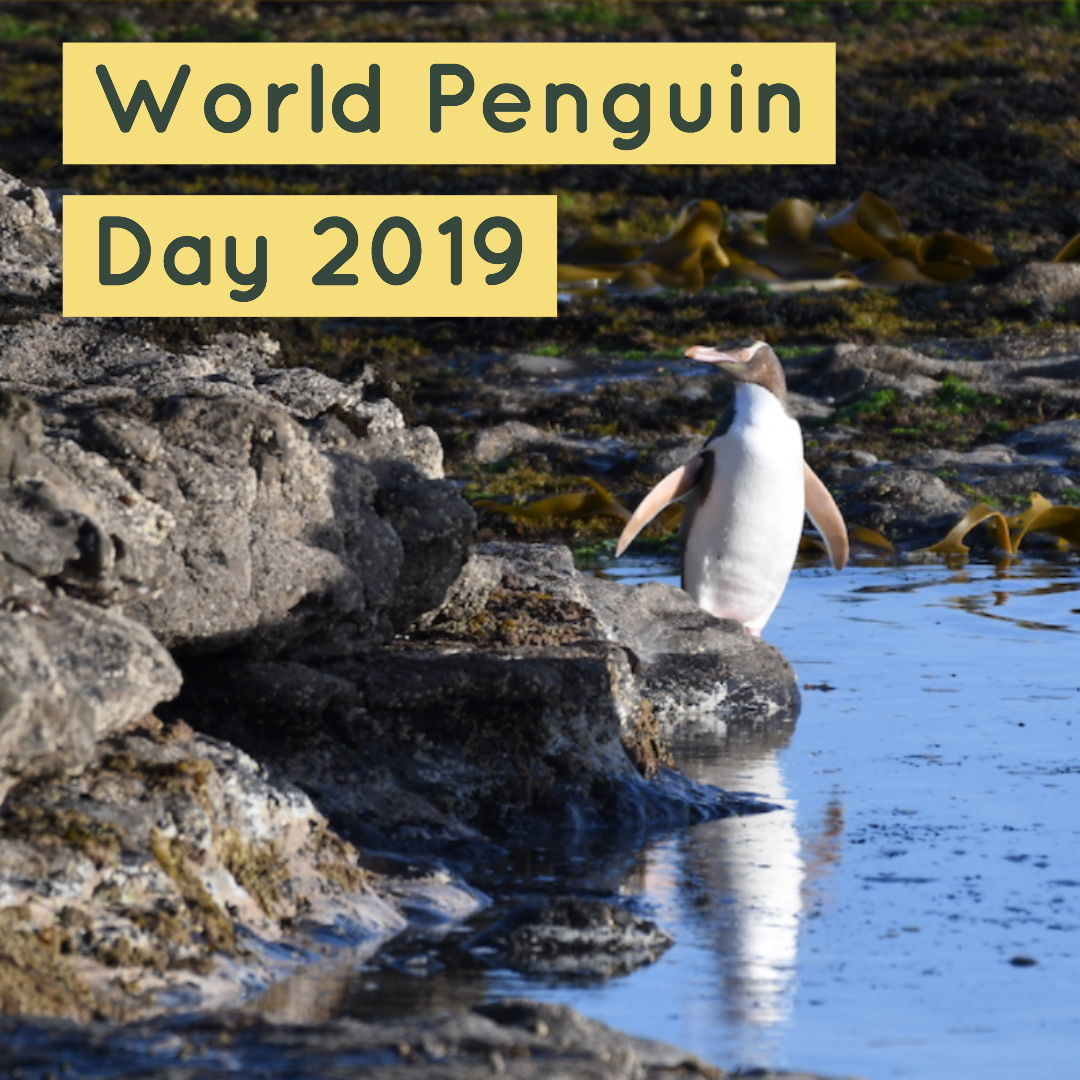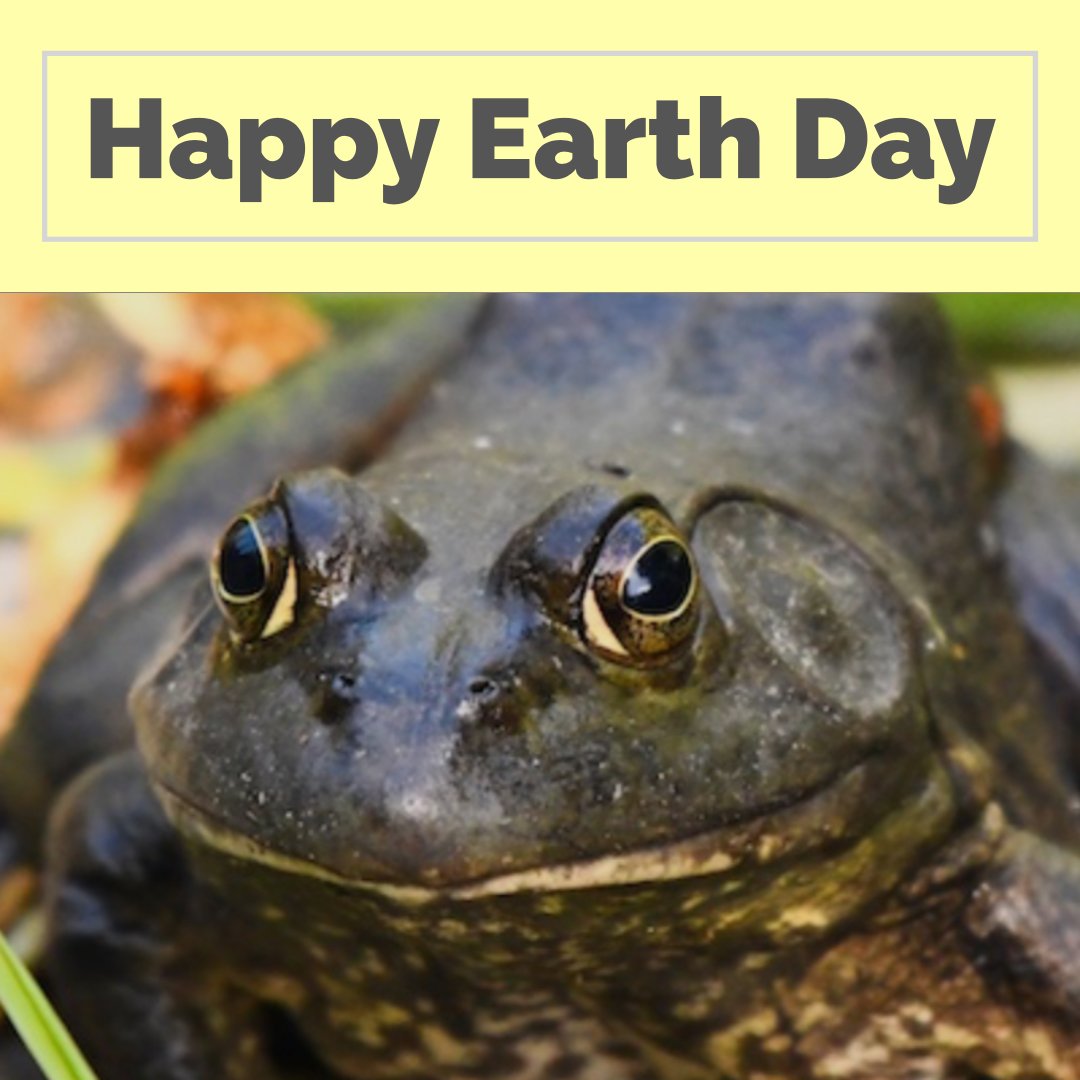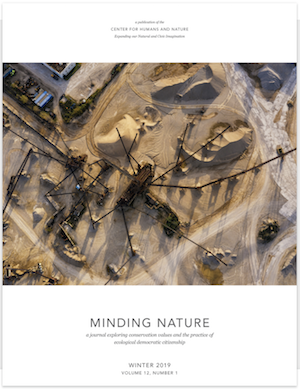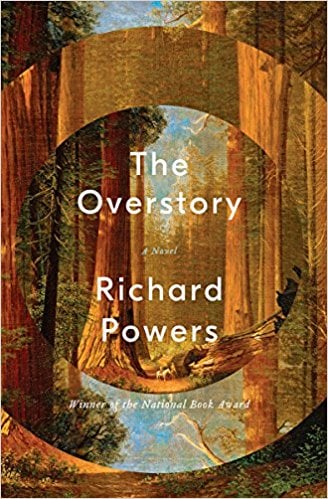Silent Spring & Other Writings on the Environment: And our irrational, insatiable, unsustainable desire to control nature
I feel ashamed to admit this, but until recently I had not read, end to end, Silent Spring. I had read parts of the book over the years and have …

